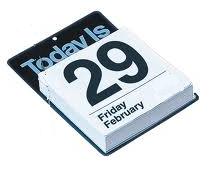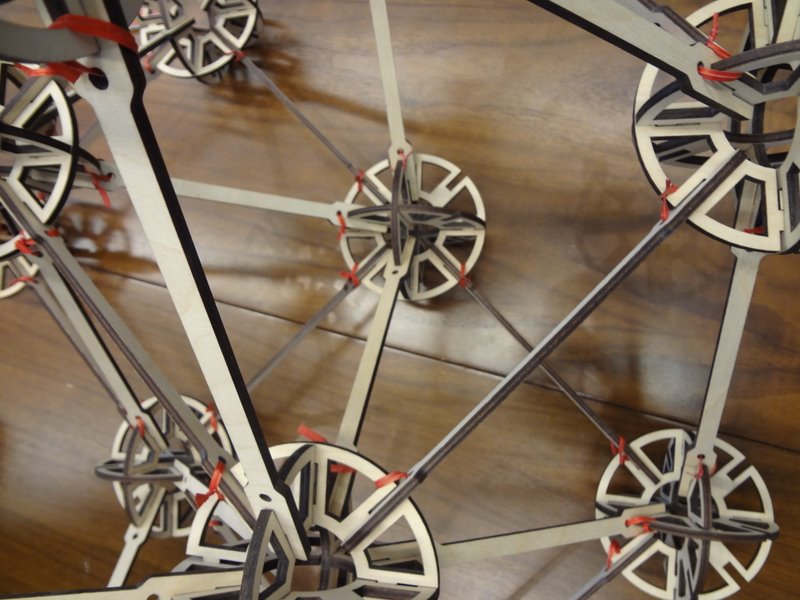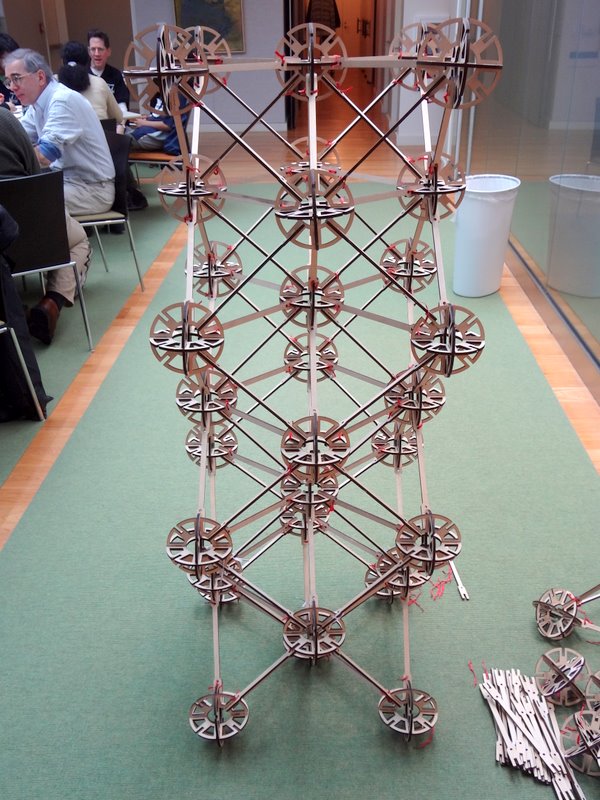Students do a lot of writing in my math classes, and regular peer review plays an invaluable role in its success.
Good peer review doesn’t just provide a second or third set of eyes on student work. Regular peer review helps students understand the importance of clarity and structure in writing, while showing them different ways to achieve those goals. Peer review exposes students to the diverse creativity, both in ideas and expression, of their classmates. And it plays a powerful and pivotal role in establishing a culture of collaboration in the classroom.
I always believed these things, but it wasn’t until I heard my students say them that it really hit home just how important peer review was. And they might not have said these things if I hadn’t asked them to write about it. Here are some of their thoughts.
- “Giving feedback to other classmates helped me because I was also giving feedback to myself and thinking about what I had to improve on while helping them.”
- “All of the interesting ideas that people were coming up with for their papers … it was a nice experience to see all of their creativity.
- “As I was reading other papers, I realized that there were other ways to get my point across easier.”
- “After telling my colleagues what they should do to improve their paper such as making specific sections, making more analysis, giving more examples and being more clear, it gave me some ideas for my paper and I went back to check whether I had done what I said to others.”
- “I saw that some of the mistakes that they made were also in my paper, like how the tables were cut off and made it hard to understand. I also saw how they organized their term paper and when I compared it to mine, I saw a lot faults in it.”
- “Giving others suggestions for their extensions and their paper in general has helped me think of more topics to write about for my own project. I think this process helped everyone in a way.”
- “Helping my colleagues with their papers helped me, because the collaboration led to a more enriching environment; I helped a classmate and in return, that classmate helped me, and I think we both benefited greatly from the collaboration.”
Teaching students to provide effective, constructive, and positive feedback to each other doesn’t happen overnight, but it is well worth the effort. For me, few teaching strategies have paid as many dividends in my classroom.
For more resources, see my Writing in Math Class page.




